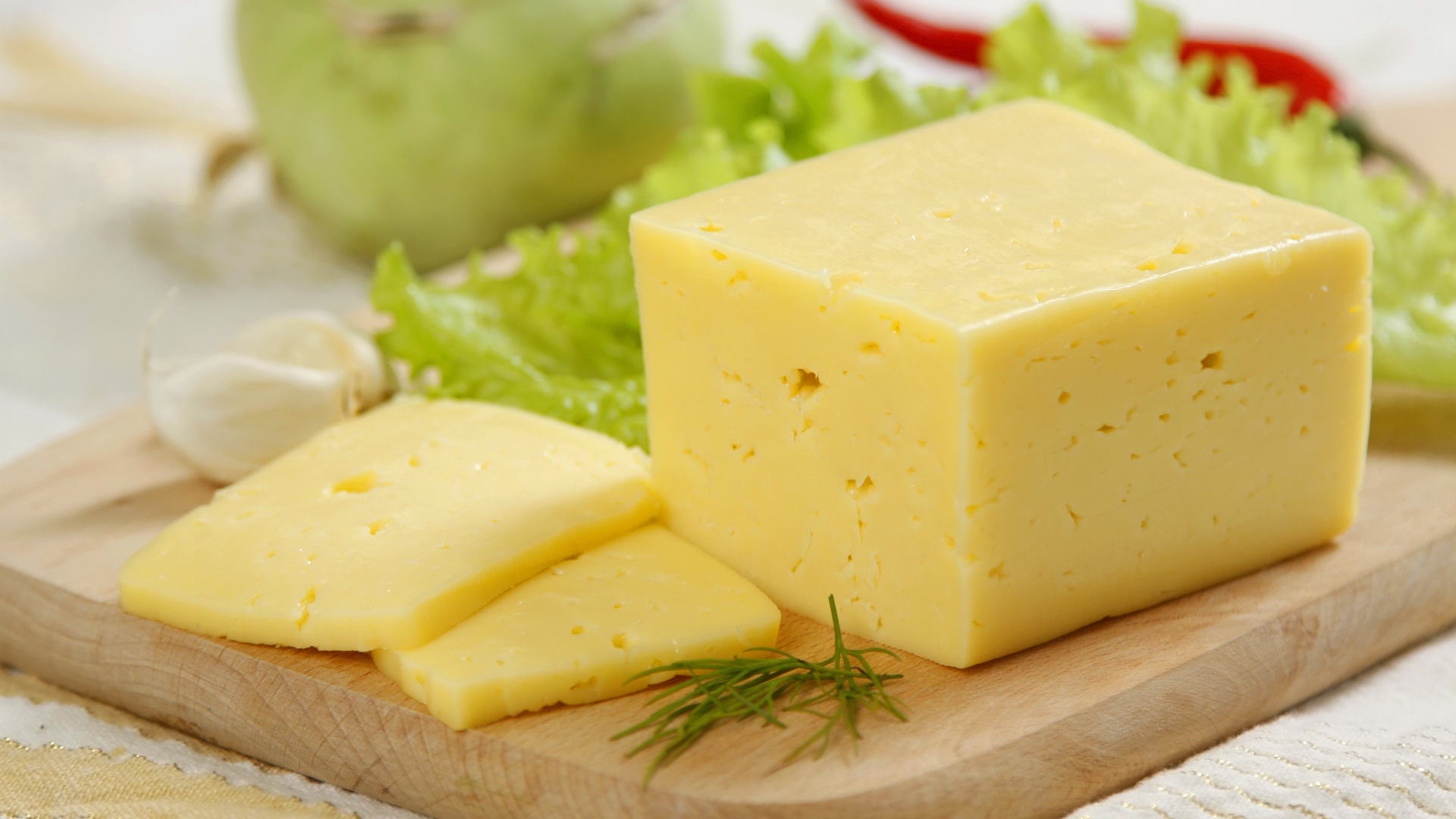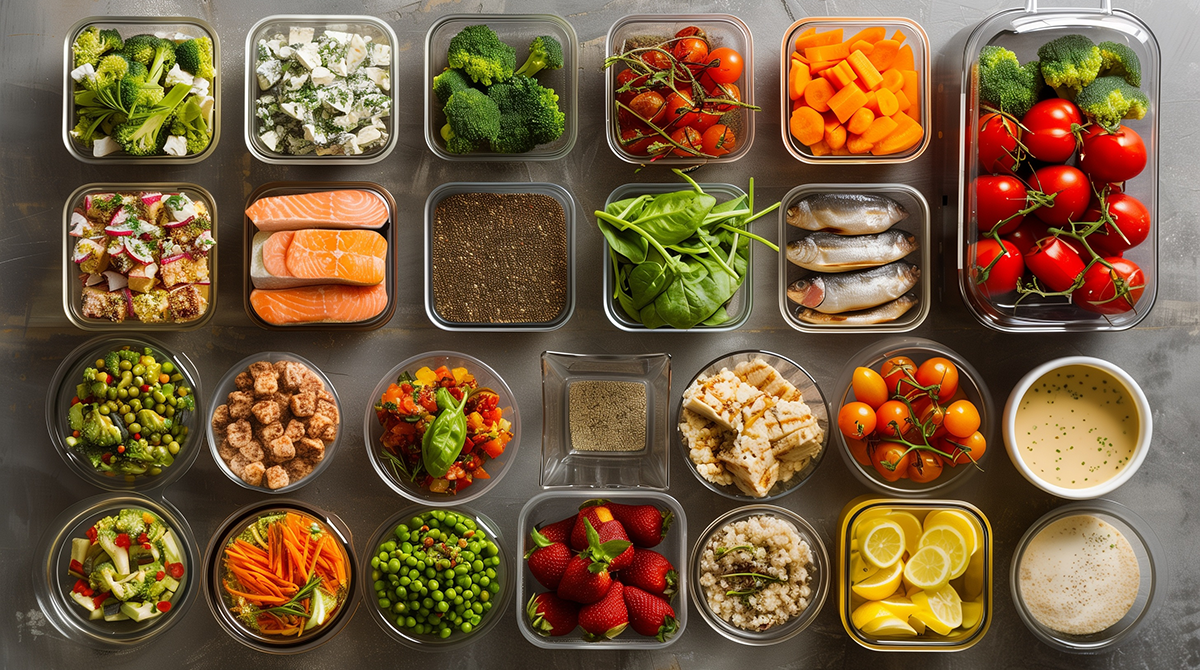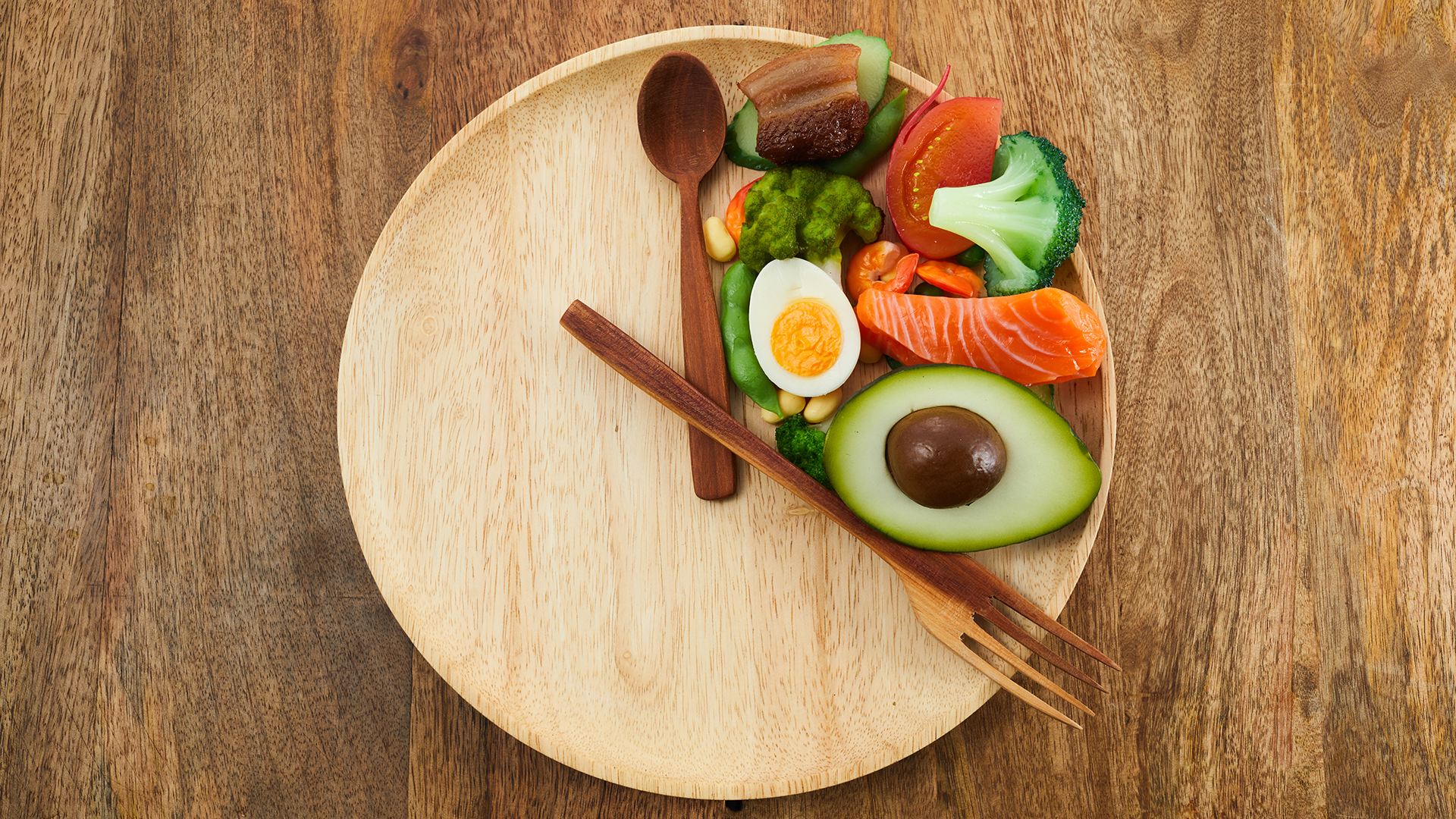The idea of a vegetarian ketogenic diet can seem to some like a contradiction in terms. How can you eat only plant-based foods, yet still consume enough fat and protein to maintain ketosis?
Vegetables and grains are the staples of most vegetarian diets, so they’re usually rich in carbohydrates and fiber. But they aren’t known for their high-fat content and many vegetarians have to work a little harder to ensure sufficient protein intake. But that doesn’t mean it’s not possible to tailor the keto diet for vegetarians. In this article, we look at exactly how it can be done.
An introduction to the vegetarian keto diet
Plant-based diets have seen a surge in popularity in recent years. They’re known to be healthy and are recommended by the World Health Organization and other leading medical bodies. Vegetarian and vegan diets tend to be rich in fruits, vegetables, grains, pulses, and legumes.
This means they contain more vitamins, minerals, and fiber than the standard American diet, along with less saturated fat. This is why plant-based diets are associated with a lower risk of cardiovascular disease and cancer.
However, for people keen to lose weight, the ketogenic diet has been shown to be highly effective. It involves restricting carbohydrate intake by getting your calories primarily from fat sources. A person following a keto diet will typically eat lots of meat, eggs, and dairy products.
This forces the body to burn through its carbohydrate and fat stores, which leads to steady weight loss. But for vegetarians and vegans, the choice of compatible foods can seem somewhat limited. This is why many people dismiss a vegetarian keto diet as simply impossible to follow (the vegan ketogenic diet seems to be even harder to follow). However, with careful planning and some nutritional know-how, it is possible to combine both.
The key principles of a vegetarian ketogenic diet
The main principle of a vegetarian keto diet is to limit carbohydrate consumption and eat plenty of fats. By restricting the amount of carbs available to your body, it’ll switch over to using other fuel sources. This means it’ll burn existing stores of glycogen and fat, which will help you to lose weight.
Here are some of the key principles of ketogenic diet for vegetarians:
- Aim to consume 80% fat, 15-20% protein and <5% carbohydrates
- Focus on eating low-carb vegetables and high-fat foods like avocados, nuts, seeds, eggs, dairy, and vegetarian proteins
- Avoid pasta, bread, rice, potatoes, starchy veg, fruit juice, and soda
- Take a supplement to ensure you’re getting enough iron, vitamin B12, and omega 3 fatty acids
By following these principles carefully, your body will eventually go into ‘ketosis’ where it burns fat because there are no carbohydrates available. It can be a highly effective diet for achieving weight loss goals and is also linked with other health benefits. These include reducing the risk and severity of type 2 diabetes, polycystic ovary syndrome, epilepsy, and Alzheimer’s disease.
Another important benefit of the ketogenic diet is that you don’t necessarily need to stick with it long-term. Most diets are only effective if you stick to them consistently which can be tough when work, family, or general life gets in the way. But ketosis is something that you can aim for in cycles instead of all the time, while still achieving weight loss results. This makes it ideal for people who are prone to ‘yo-yo dieting’. What does matter is that you’re consistent for the short time that you’re following it. Eating just one portion of carbohydrate can completely wipe out your efforts for that day so you’ll need to be dedicated when you’re going keto.
Read: How Fast Can You Lose Weight on Keto?
The downside of the keto diet for vegetarians
The drawbacks of a vegetarian keto diet are that it takes a lot of planning and can be quite restrictive. A significant amount of effort is required to plan balanced meals that are rich in protein yet low in carbohydrate. Because carbs are the staples of most vegetarian diets, making the transition can be particularly tough. You may need to learn several new recipes or cooking methods before you feel confident in adopting keto full-time.
There are a limited number of foods that are both vegetarian and supportive of ketosis (it’s even worse for the vegan keto diet). This means that some people find the diet quite restrictive since they’re often eating the same things on a regular basis. They get bored with the same ingredients even if they’re combined into different recipes.
However, other people thrive with routine and find it easier to stick with a healthy diet when they’re following the same recipes on a weekly basis. So, this may be a deal-breaker for some but a benefit for others. If you’re someone who enjoys discovering and trying new recipes then you might not find it restrictive at all!
Vegetarian keto ingredients & meal ideas

If you think this diet may be for you, here are some key vegetarian keto ingredients to incorporate into your meals:
- Low-carb veggies – kale, spinach, lettuce, broccoli, green beans, asparagus, cucumber, cabbage, onions, peppers, mushrooms, cauliflower, tomatoes, garlic
- Low-sugar fruits – blueberries, strawberries, blackberries, raspberries
- Low-carb proteins – eggs, tempeh, dairy, miso
- Nuts & seeds – almonds, pecans, hazelnuts, brazil nuts, walnuts, macadamias, pine nuts, chia, flax seeds
- Full-fat cheeses – swiss, parmesan, cheddar, feta, brie, mozzarella, Monterrey jack, cream cheese, and cottage cheese
- Dairy – butter, mayonnaise, heavy whipping cream, full-fat Greek yogurt (unsweetened)
In terms of vegetarian keto meal ideas, here are a few to get you started…
- Eggs Florentine
- Rainbow vegetable omelet
- Baked eggs in avocados
- Tomato and mozzarella salad
- Feta and pine nut green leaf salad
- Cauliflower rice with mixed vegetables
- Zucchini noodles and tomato sauce
- Garlic and cheese baked mushrooms
- Cauliflower crust pizza with 3 cheese toppings
By reducing your carbohydrate intake and increasing your fats, your body will be forced to enter ketotic weight loss mode.
Check Also: Guide to Vegetarian Protein
Following a vegetarian ketogenic diet (or vegan keto diet) does require planning and creativity when it comes to recipe ideas, but can be worth it for some. If you’re keen to lose excess weight and want a little help along the way, then try our PhenQ fat-burning supplement.
It’s vegetarian, vegan and very compatible with the keto diet; so you’ll burn more fat and feel less hungry too. Whatever approach you decide on, remember to nourish your body with the nutrients it needs to stay healthy and drink plenty of water along the way.




